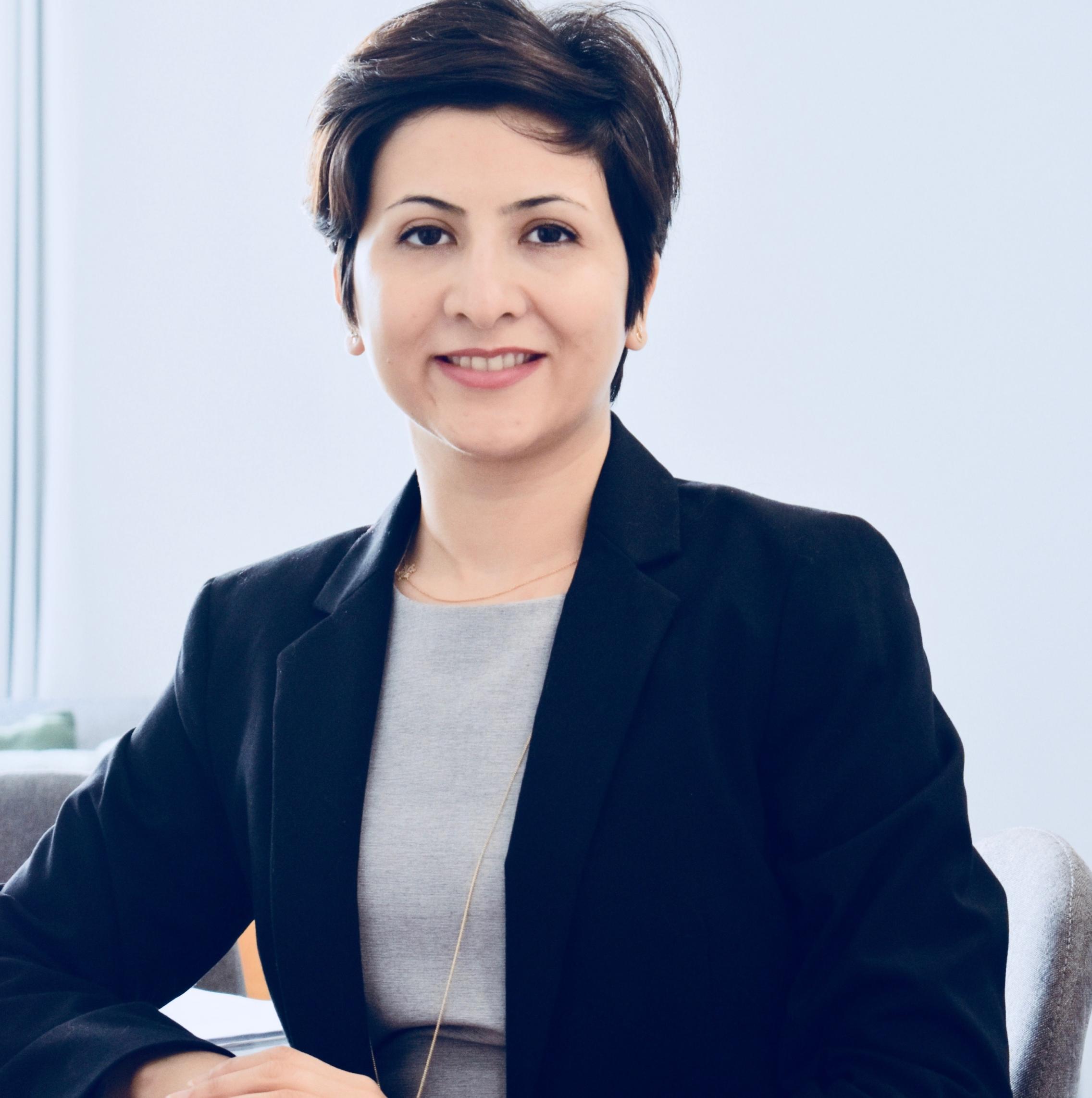International Day of Women and Girls in Science profile: Dr Mansooreh Zahedi
In honour of this year’s International Day of Women and Girls in Science on Tuesday 11 February 2020, we are sharing stories from women in our faculty.
Dr. Mansooreh Zahedi is a researcher and Software Engineering lecturer at the University of Adelaide’s School of Computer Science. She obtained her PhD at IT University of Copenhagen (ITU) in Denmark and also holds a double master’s degree from VU University of Amsterdam in the Netherlands and MDH, Sweden. Her research is stimulated by the need for continuously evolving software development processes and practices to help organisations produce high-quality software-intensive systems while achieving their business goals.
With a strong focus on close co-operation and alignment between industry and academia, Dr. Zahedi's key research capabilities lie in the area of Empirical Software Engineering. Her key research interests are Continuous Software Engineering, Human and Process aspects in Software Engineering and the Socio-Technical aspects of cyber security.

Dr. Mansooreh Zahedi is a researcher and lecturer in the School of Computer Science at the University of Adelaide.
Dr. Mansooreh Zahedi’s Story
Since I was a child, I’ve been consistently curious about my surroundings and learning how to build new things. When I started my high school studies, I became increasingly interested in computers and technology. I was very excited when I built my first program and ran it through the computer; consequently, I chose to study a Bachelor’s in Software Engineering and continued to my PhD. Throughout the years, I’ve found the Software Engineering field to be very exciting and rewarding. Daily, it enables me to follow my childhood dreams of experimenting with new tools and technologies. The field is constantly evolving and there are always new things to learn. With the increasing application and use of technologies in our daily life, this field continues to increase in demand.
I am very passionate about teaching Software Engineering courses to my students; it is so rewarding to work with brilliant students and share my knowledge and experiences in the field. I am thrilled when my students understand how the different processes, practices, tools and techniques they learn in different courses can come together and support them in the real world. That’s why I’m motivated and committed to improving our courses both in terms of content and teaching style.
The University of Adelaide is among the highly ranked universities in the world. The collaborative and supportive environment at the university make it one of the best places to engage in research and teaching – especially for female academics at the early stages of their careers. As a female academic, I truly feel the University of Adelaide has one of the most supportive environments that endeavours to empower women in science and technology, especially when compared with other institutions.
It is so comforting to communicate and collaborate with my female colleagues in the faculty. I greatly appreciate and actively participate in different events and workshops that the university organises for female scientists to discuss challenges in their career path; from these activities, the university takes active steps towards creating diversity and a gender balance. I’m amazed by the efforts that different colleagues at the faculty put towards introducing girls to science and technology at an early age (e.g., teaching programming to high-school girls and organising campus visits). The statistics show that the School of Computer Science has been successful in hiring more female staff and improving diversity over the years. Additionally, it is great to see several female students enrol in our study programs, and I hope that in future we will see as many girls as there are boys in the classroom.
Help us celebrate the International Day of Women and Girls in Science this year by tweeting a selfie of yourself at work on Tuesday 11 February with the completed sentence, "Today I am..." Ensure you use the hashtags #ECMSUofA #SuperstarsofSTEM #science4all #February11 and tag @ecms_uofa, @Scienceau and @WomenScienceDay.
